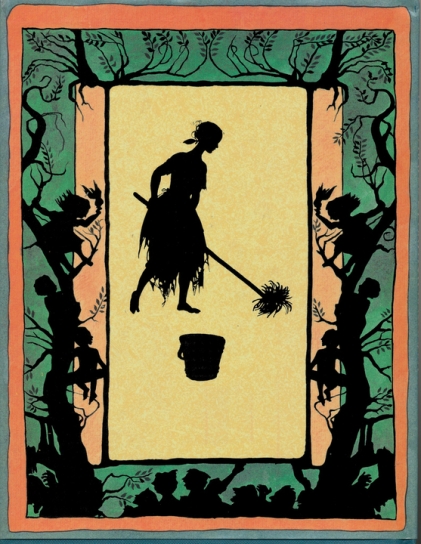Aniara has fascinated me for a long time because it combines three of my favourite literary interests: science fiction, poetry, and the works of Nobel Prizewinners.
Harry Martinson wrote the book in the 1950s, a decade after the bombing of Hiroshima and Nagasaki but before Sputnik launched the Space Age. It is the story of mass migration to Mars from the destroyed Earth, centred on a miles-long spaceship with thousands of emigrants that is knocked off course and is headed out of the solar system on a hopeless journey.
The existentialism of the situation – living lives of no destination in an inescapable vessel – is in practical terms no different from our own endless circling of the Sun… The issues of whether this feels different, and whether it should feel different, are never addressed but resonated with me nevertheless.
The characters are diverse and interesting. With the book having been written by a male, and with the narrator having a variety of sexual relationships with women, I was surprised to find that the recent film version has a female protagonist. Well, why not make it into a lesbian sf movie, though?
The book is divided into 103 ‘songs’ of half a page to seven pages in length – only 102 in the English translation by Hugh MacDiarmid and Elspeth Harley Schubert, as they and the author agreed that Song 42 is untranslatable.
This raises the question of what the verse is like in the original Swedish. A mixture of formal and free verse, apparently, but with much more rhyme and structure than in the translation. (That the translation is weaker is natural enough, but unfortunate). While I wait to find a full copy in Swedish (which I will be able to work my through, with the English translation in my other hand), I am glad to have found a Swede’s Goodreads review in English which gives samples of the poetry in both languages. (Thank you, Lisa!) For example:
“Försök till räddning genom tankeflykt
och överglidningar från dröm till dröm
blev ofta vår metod.
Med ena benet dränkt i känslosvall
det andra med sitt stöd i känslodöd
vi ofta stod.
Jag frågade mig själv men glömde svara.
Jag drömde mig ett liv men glömde vara.
Jag reste alltet runt men glömde fara. –
Ty jag satt fånge här i Aniara.”
In the MacDiarmid/Schubert translation:
“Attempts at respite through the flight of thought
and constant transference from dream to dream
was often our method of seeking relief.
With one leg steeped in a flood of feeling
and one supported by a lack of feeling
we often stood.
I questioned myself but quite forgot to answer.
I dreamt of life but quite forgot to live.
I ranged the universe–but could not travel farther
for I was imprisoned here, in Aniara.”
The MacDiarmid/Schubert translation is not great, as shown in this excerpt. Not only is there a general lack of rhyme, but the second-to-last line would translate correctly as “I traveled all around but forgot about danger”. The only justification for changing the meaning is to make the (very weak) rhyme of “farther” with “Aniara”.
But then again, translating poetry into a different language’s poetry is at least as difficult as translating a written story into a film… so, as for this translation: I’ll give it five (out of ten, for the try). But the original? From what I can see and guess, ten out of ten!









